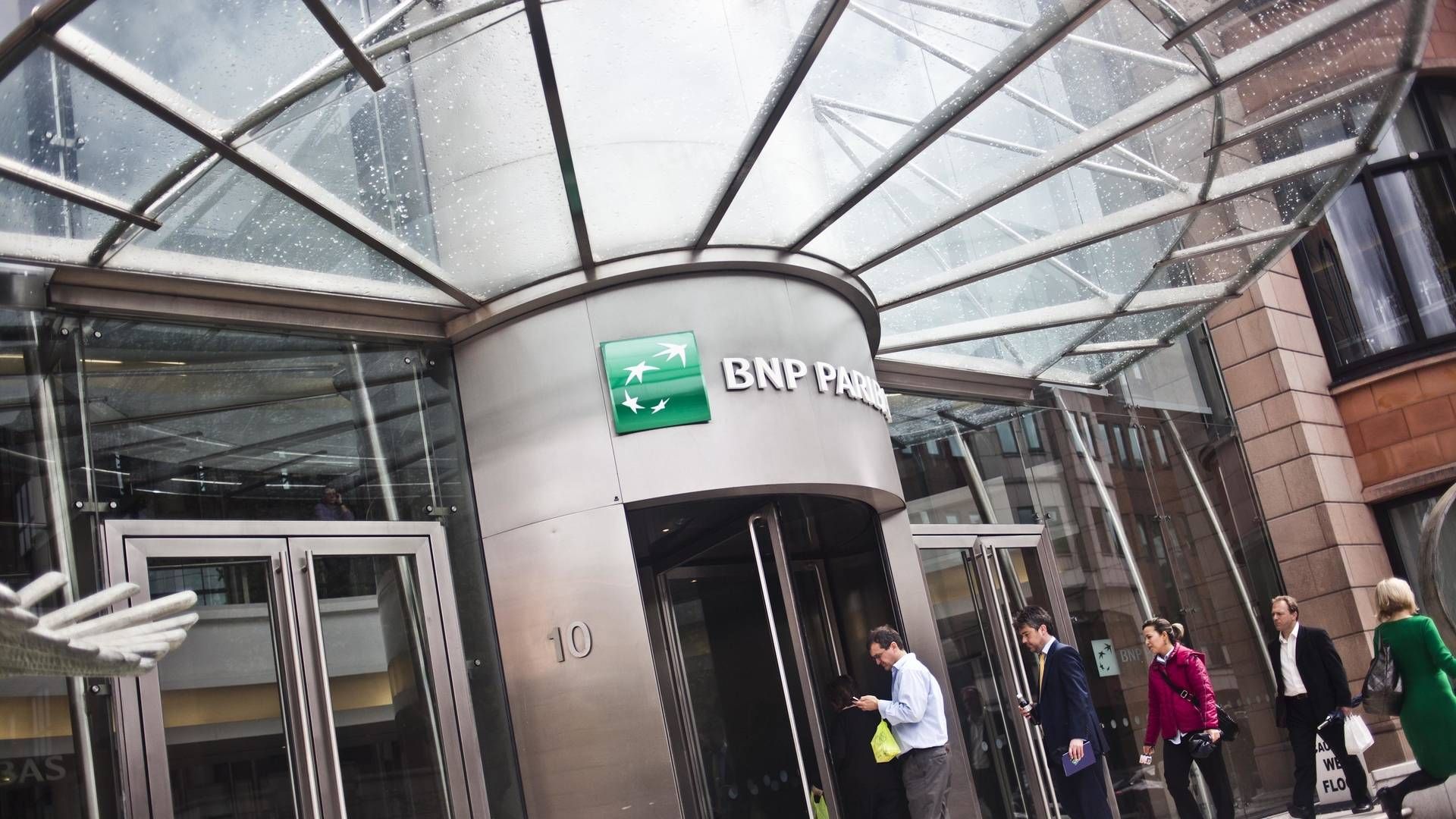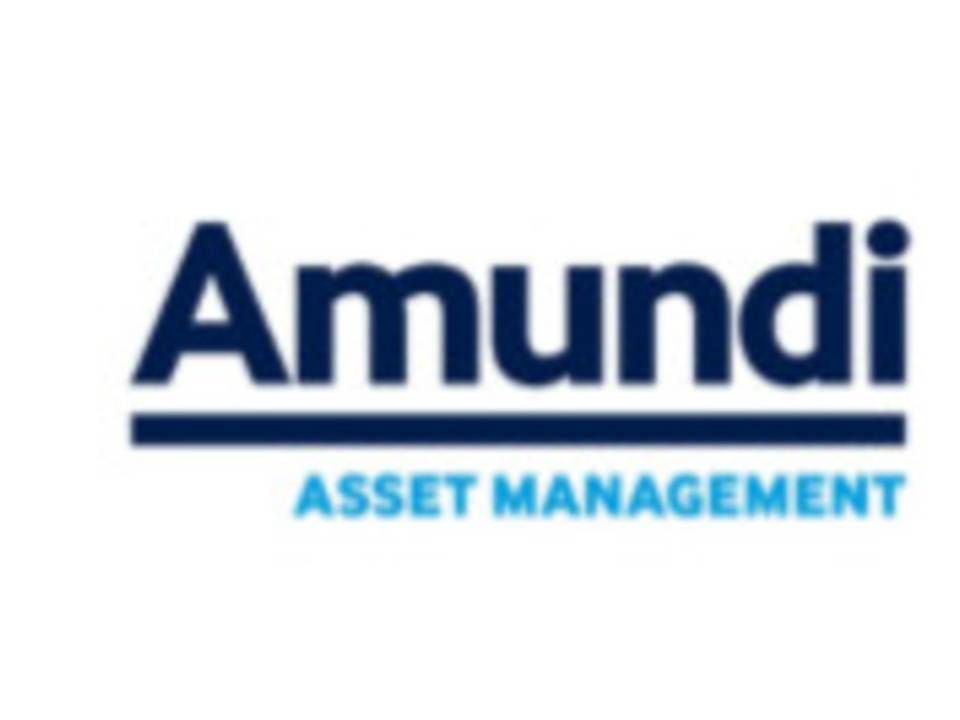Firms' shrinking cash piles set to fuel sales of high-grade debt

The changing outlook is pitching borrowers into a new scenario that's very different to that seen during much of the past two years when almost every corner of credit rallied on the back of unprecedented support from central banks and governments.
That may encourage firms to make an early start tapping the markets in 2022 to lock in cheaper funding before credit spreads widen further, said Marco Baldini, head of European bond syndicate at Barclays Plc.
"Assuming market conditions are good, then I think a lot of people are going to carry on and fund ahead of further instability that could remain around the inflation topic as we move into next year," he said in an interview. He thinks January will already be busier than usual after some borrowers delayed their end-of-year financing plans to assess the impact on markets of the new omicron coronavirus variant.
Despite the prevailing low borrowing costs, European investment-grade corporate debt supply dipped by more than a third this year compared with 2020 to EUR 260bn, according to data compiled by Bloomberg.
That's because many companies had already built up large cash reserves during the acute first phase of the pandemic, Zoso Davies and Jenny Avdoi, credit strategists at Barclays, wrote in a note last month.
Drying up
Some borrowers may need to rebuild their cash buffers even as demand for bonds becomes more vulnerable to concerns about the liquidity drain that could come as central banks pare back stimulus, BNP Paribas strategists, including Viktor Hjort and Stephen Caprio, wrote in a note.
"The theme of normalization in monetary policy is going to be dominant in 2022," said Paula Weisshuber, head of EMEA corporate debt capital markets at Bank of America Corp.
"Corporate bond markets are going to get back some of their old flavors: wider trading ranges, potentially wider spreads and higher volatility as central bank support will no longer keep as much of a lid on credit spreads".
Even so, there are more reasons why issuance could gather momentum next year, even with financing conditions set to get costlier and a need for firms to be more nimble.
Societe Generale srategists Guy Stear and Juan Valencia see high-grade borrowings bouncing back next year to EUR 330bn. Activity of that order would make 2022 the third-best year for investment-grade supply on record, they wrote.
A big chunk could come from telecommunications firms, which face about EUR 17bn of redemptions and are still spending freely on expanding fiber networks and infrastructure, according to BNP Paribas strategists.
More mergers
Meanwhile, the prospect of more merger and acquisition activity "means more funding", as well as supply of hybrid debt, a type of security that combines features of equity, said Marc Baigneres, head of Western Europe, Japan & Australia investment-grade finance at JPMorgan Chase & Co.
Another driver of supply could come from U.S. issuers selling debt in euros with European Central Bank interest rates expected to remain lower for longer than those set by the Federal Reserve, said Barclays’ Baldini.
HSBC Holdings Plc's James Cunniffe, director for corporate syndicate, agrees.
"We shall continue to see the euro currency as an attractive market for many returning issuers, along with those coming to the euro market for the very first time,"he said. "U.S. names will no doubt remain dominant, but we shall also see international names look to secure low coupons from other regions as well."
For Bank of America's Weisshuber, appetite for environmental, social and governance debt will keep growing. Ethical issuance reached 44 percent of Europe's marketwide bond deals in November, the highest monthly share this year, according to data compiled by Bloomberg.
"There are still a lot of issuers who have not yet tapped the market and are closely considering which format they should choose," she said.
Fund platform challenger: Kickbacks have no place in the fund industry















